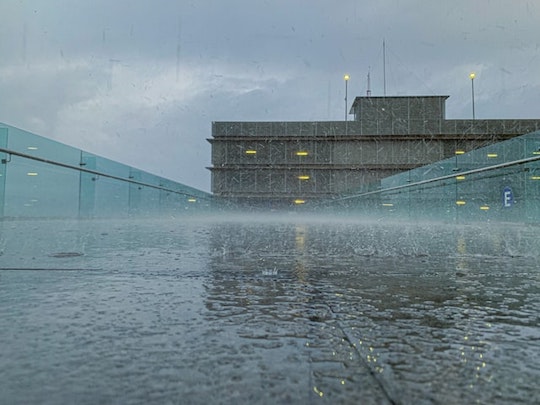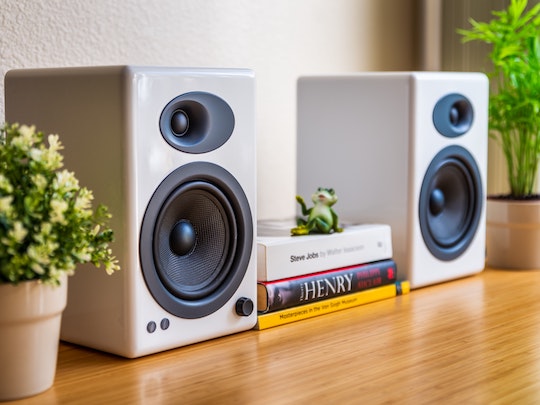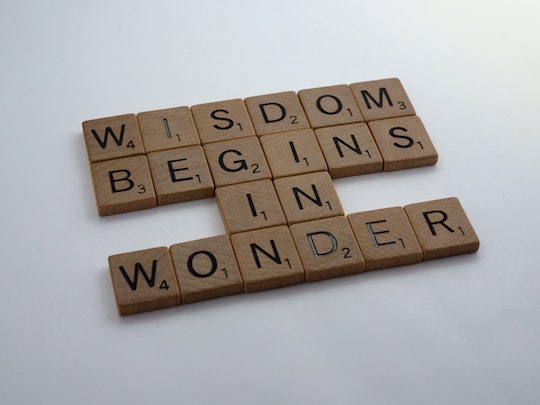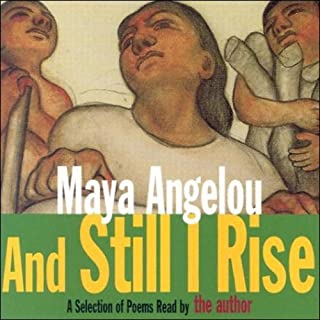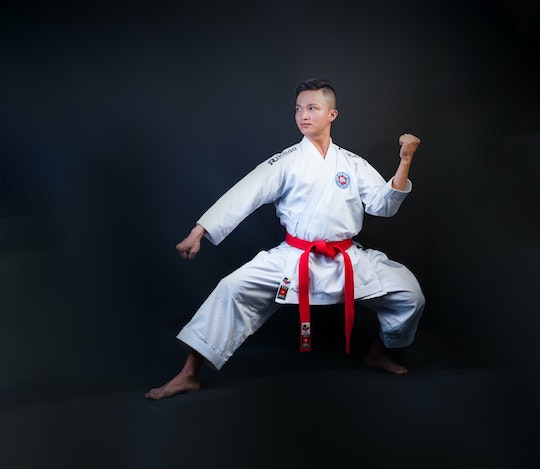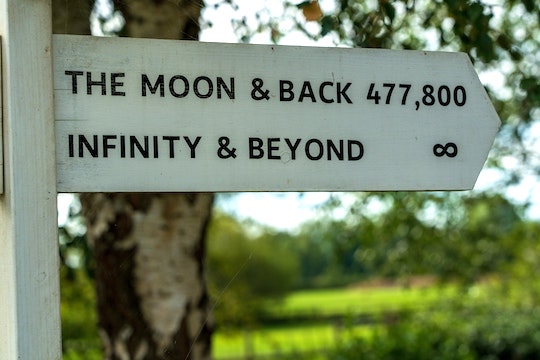Stop, jot, and share. Use the superpower of reflection to cement the value of the information you take in.
—Calm App Reflection
What types of information are you taking in these days? What are your strategies to not have the most valuable information go in one ear and out the other?
Consider the concept of eating and digestion. How do you select the most healthy and appetizing items to consume?
How do you chew on these ideas and mix this mash with the saliva and digestive juices of your past experiences and existing wisdom?
How do you discern and absorb the best nutrients and discard any waste products not meant for you?
EXERCISE:
How would jotting in a notebook or journal aid in your reflective skills to squeeze out even more nuggets of wisdom from your information diet?


